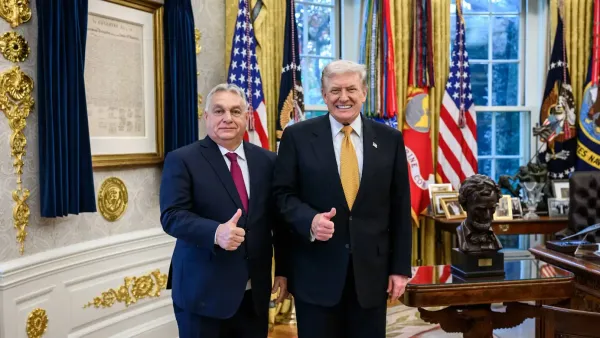
Orbán’s Washington play: siding with Trump, challenging Brussels
Orbán’s White House visit secured Hungary’s US sanctions exemptions and imply the start of a golden era in bilateral ties.
A collection of 32 posts

Orbán’s White House visit secured Hungary’s US sanctions exemptions and imply the start of a golden era in bilateral ties.
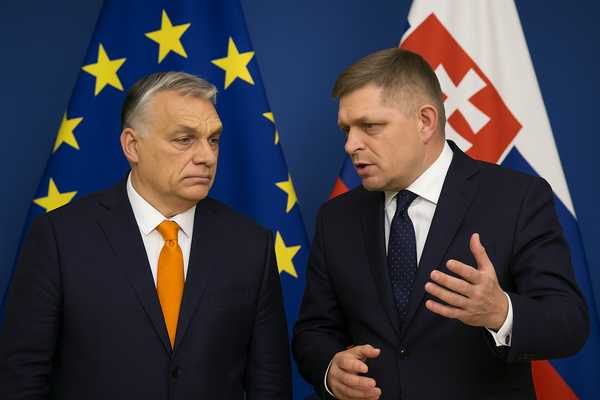
Hungary and Slovakia have emerged as the most vocal opponents of two of the EU’s most consequential reform proposals: plans to phase out Russian energy imports and to overhaul the bloc’s long-term budget to prioritise defence, climate and digital transition. EU mulls ban of new Russian energy contracts
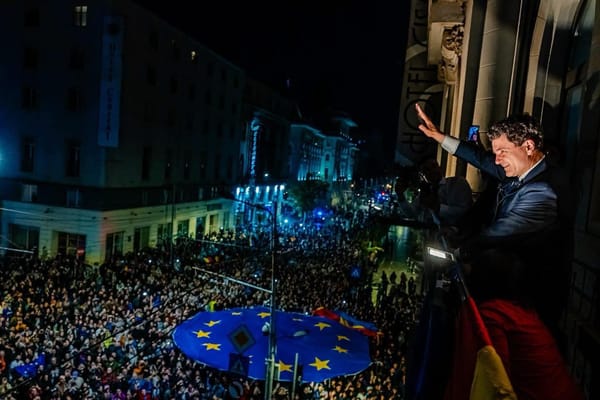
Independent pro-EU candidate Nicusor Dan won Romania’s presidential election on Sunday, 18 May, defeating far-right challenger George Simion in a runoff vote. The result represents a holding of the political centre after months of polarised campaigning, easing tensions in Brussels and Central and Eastern Europe (CEE). Dan secured 53.
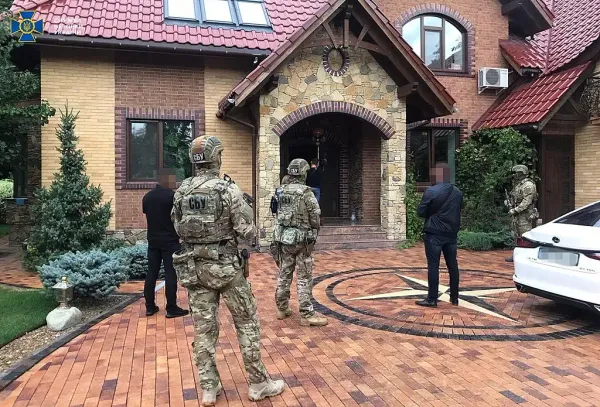
The Security Service of Ukraine (SBU) has arrested two Ukrainian military veterans in Zakarpattia, west Ukraine, on suspicion of high treason, it announced on Friday, 9 May. Ukrainian authorities claim Hungary was collecting sensitive military data with an eye on a possible future incursion into western Ukraine. The SBU said
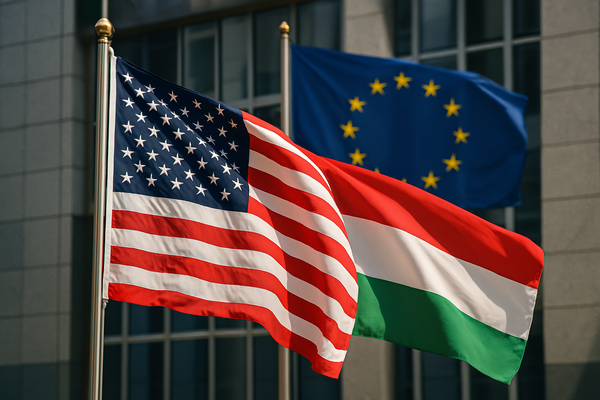
Hungary has broken ranks with the EU in response to the US's new tariffs policy, as Hungarian Prime Minister Viktor Orban seeks to preserve close ties with the Trump administration amid the resultant trade tensions. Hungary pushes back on retaliatory tariffs The EU confirmed on 9 April that
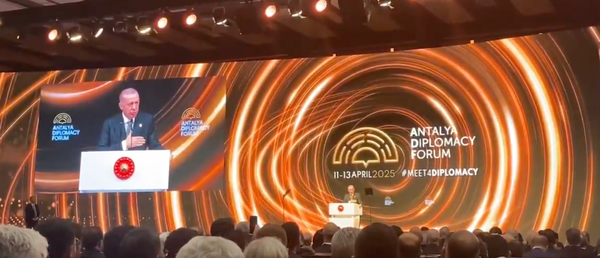
Attendees from Central and Eastern Europe (CEE) nations including Bulgaria, Hungary, Romania, Poland, Czechia, Slovakia, Moldova and others discussed policy priorities at the Antalya Diplomacy Forum in south west Turkey on 11-13 April. The forum's theme "Reclaiming Diplomacy in a Fragmented World" set the tone for
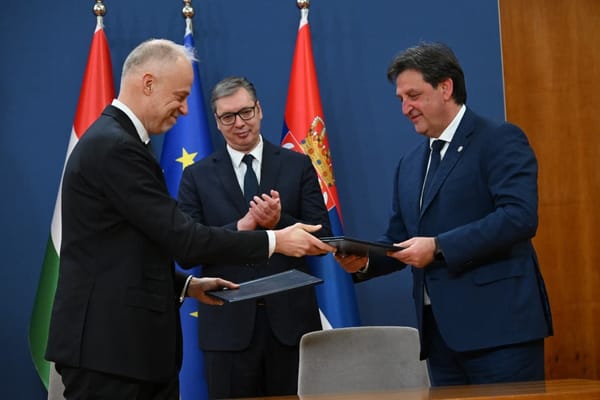
When Croatia, Albania and Kosovo recently formed a new military alliance, Serbia and Hungary followed suit, reshaping the security situation in South East Europe. Serbian Defence Minister Bratislav Gasic and Hungarian Defence Minister Kristof Szalay-Bobrovniczky earlier this month signed a bilateral military cooperation agreement in the Serbian capital of Belgrade.
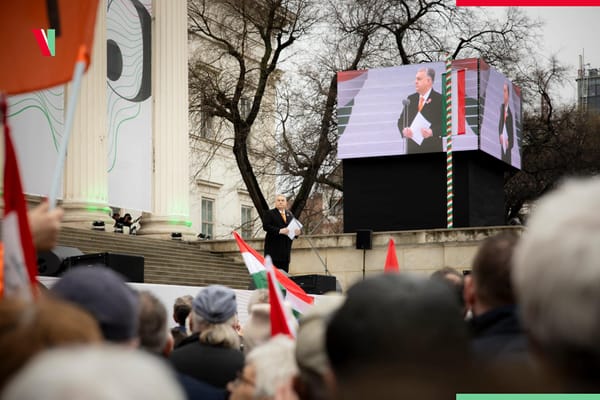
As political landscapes shift across Central and Eastern Europe (CEE), governments are recalibrating their approaches to Ukraine, European security, and internal governance. The region remains split between pro-European integration and nationalist, often pro-Kremlin, forces: Czechia and Poland reinforce their commitments to Ukraine, while Hungary and Slovakia align with Moscow. Meanwhile,
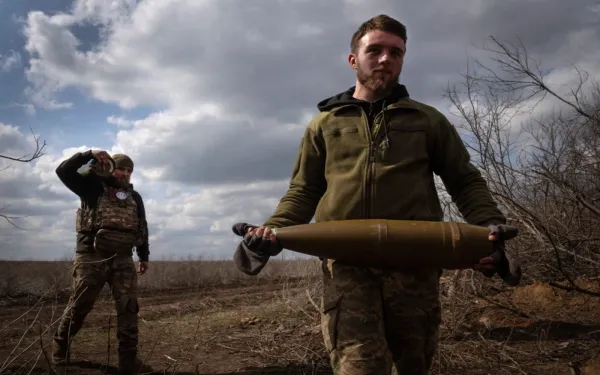
The dramatic breakdown of relations between Ukrainian President Volodymyr Zelenskyy, US President Donald Trump and US Vice President JD Vance on Friday, 28 February, is prompting Central and Eastern European (CEE) nations to urgently reassess regional defence strategies. The meeting, streamed from the Oval Office, was ostensibly held to formalise
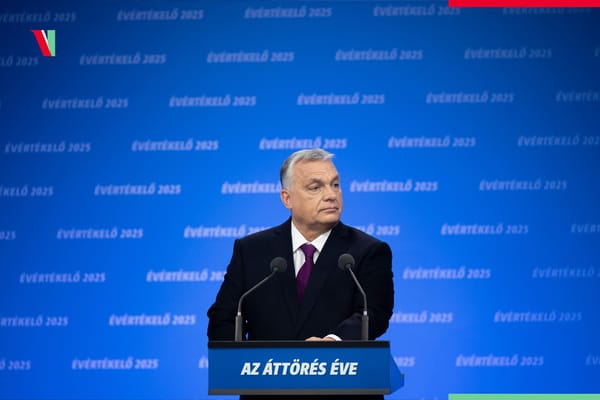
Hungarian Prime Minister Viktor Orban described 2025 as a “breakthrough year” when he set out his government’s agenda for the coming year in Budapest on Saturday, 22 February. In his annual “state of the nation” address, Orban referred to the returning US President Donald Trump as “our comrade in
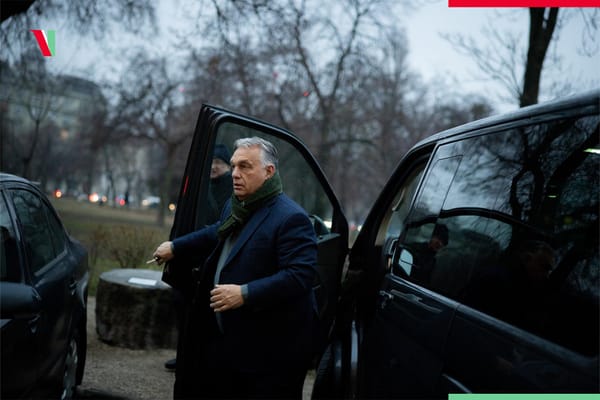
Hungary’s political landscape is marked by a mix of economic uncertainty increasing opposition momentum and continued tensions with the EU, according to the annual report of independent Budapest-based think tank Policy Solutions. “Fifteen years in power was supposed to be a key milestone when things could have mellowed for
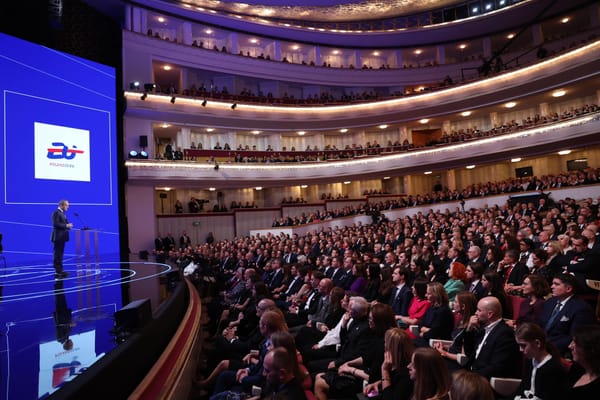
Polish Prime Minister Donald Tusk said he will prioritise security, defence and support for Ukraine while strengthening sanctions on Russia, at the launch event of his country’s presidency of the Council of the EU on 3 January, 2025. The gala began with a speech from Tusk, who outlined the
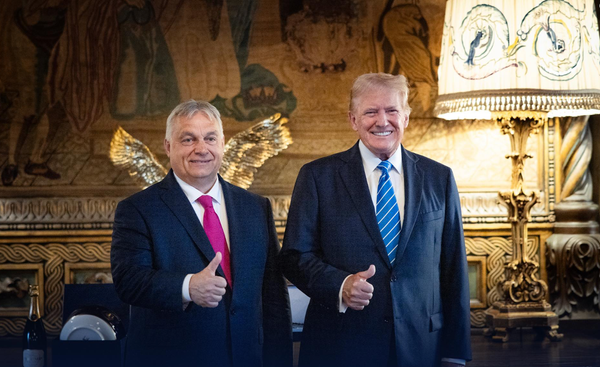
Hungarian Prime Minister Viktor Orban, no stranger to political brinkmanship, went all in on Donald Trump’s election victory: a win that was by no means assured when he paid a surprise visit to the US in July. Hungary currently holds the six-month rotating EU presidency, and Orban has repeatedly,
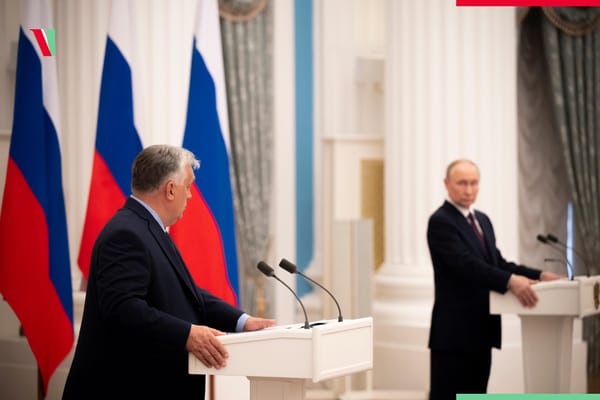
Despite only starting its EU rotating presidency on 1 July, Hungary has already made it one of the more memorable of these ordinarily uneventful 6-month tenures. Hungarian Prime Minister Viktor Orban spent the first week of his presidency on a self-styled “peace mission”, when he visited Ukrainian President Volodymyr Zelenskyy,
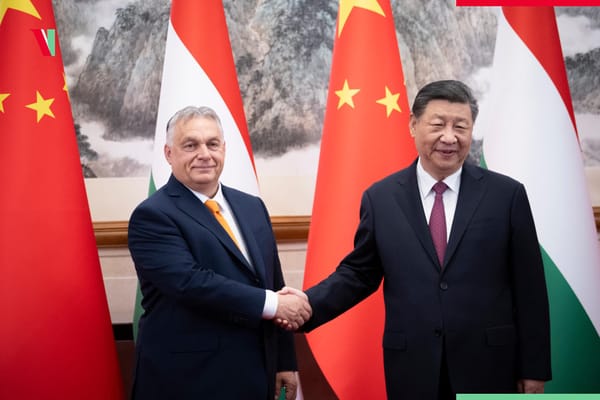
Hungarian Prime Minister Viktor Orban was accused of mission creep by the international community after he opened his first week hosting the six-month EU rotating presidency with unannounced trips to Kyiv, Moscow and Beijing. Orban’s final destination after a busy week was Washington DC, for the long-planned NATO summit